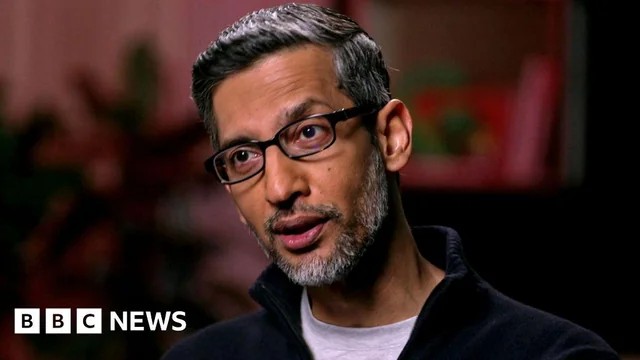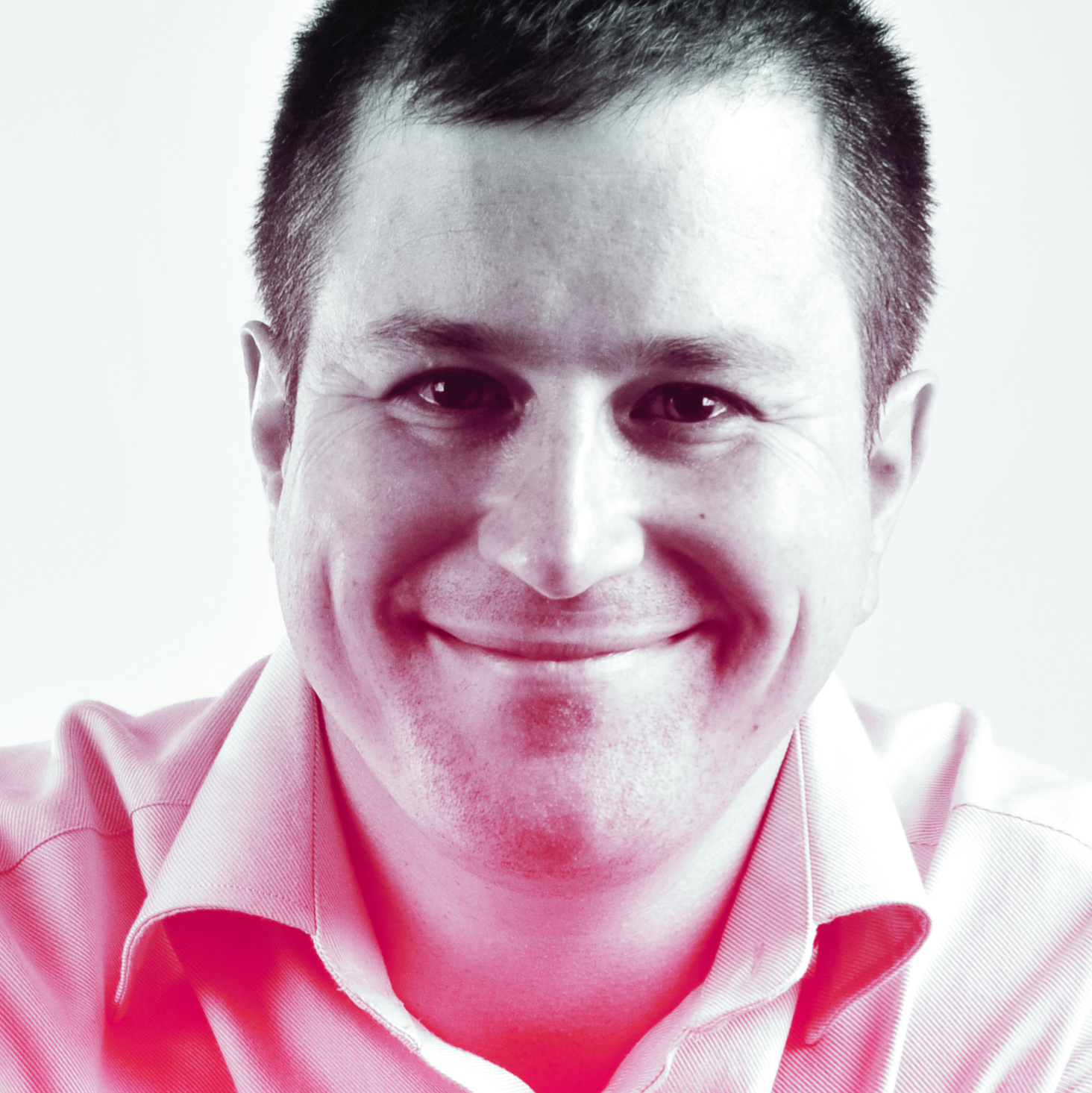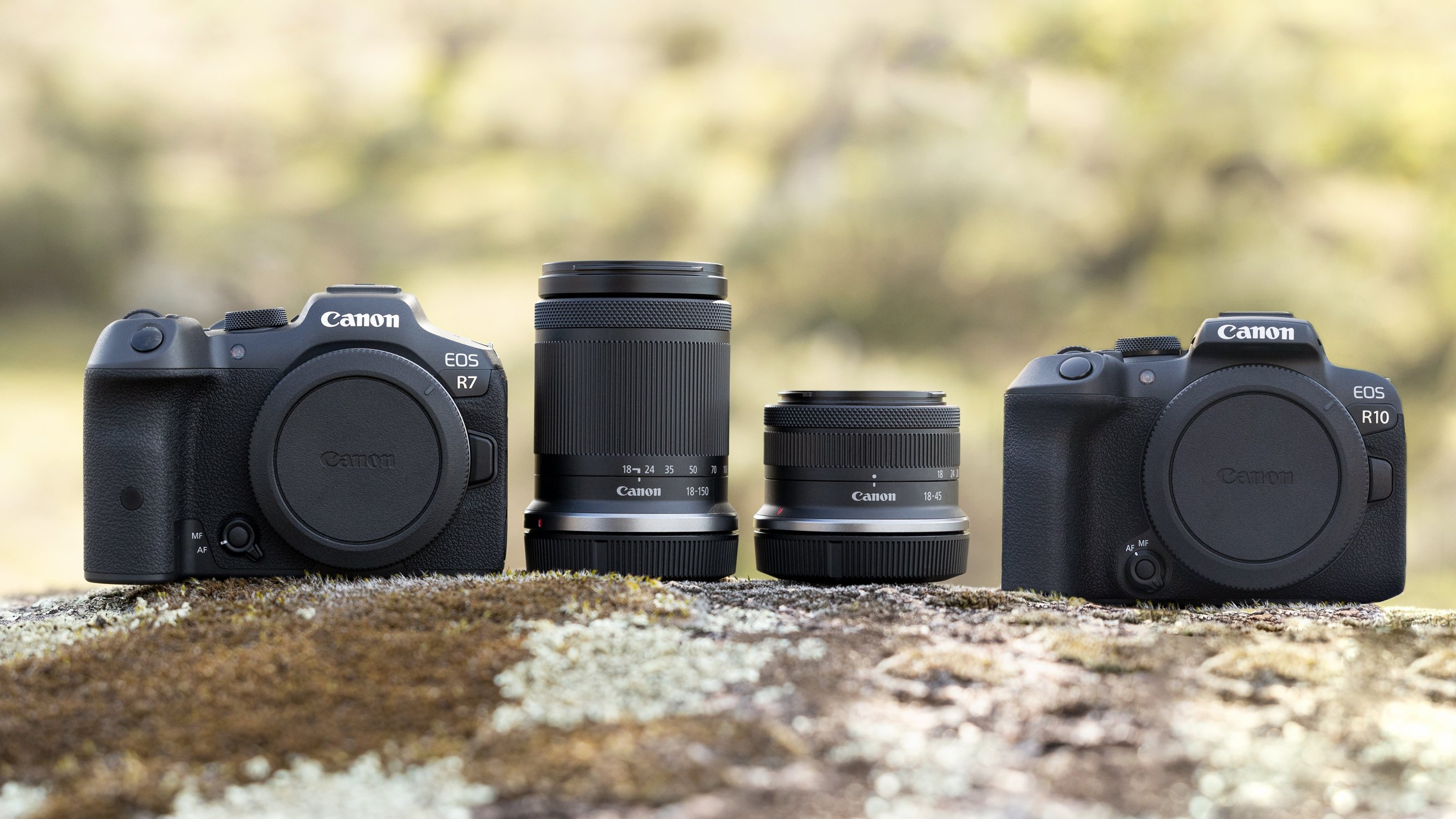
The best camera deals, reviews, product advice, and unmissable photography news, direct to your inbox!
You are now subscribed
Your newsletter sign-up was successful
How do you feel about AI right now? If you're a typical photographer, you've probably spent the last two years worried about it stealing your work. Training datasets scraping your portfolios without permission. Clients replacing you with text-to-image generators. An entire creative economy threatened by machines that learned their craft from your images.
But here's the uncomfortable truth: if the AI bubble really does burst, that might actually be worse for photographers than the current boom.
Google CEO Sundar Pichai has just told the BBC that "no company is going to be immune" if AI investment collapses—including tech giants like his own. His warning echoes the 2008 financial crisis, when seemingly distant Wall Street problems devastated working people across every sector. And so photographers should be paying very close attention.
Is this a bubble?
So how much could an AI crash affect the global economy? Well, a quick glance at the numbers shows the scale of the thing. The valuation of Alphabet, the company that owns Google, crossed $3 trillion in September. Nvidia hit $5 trillion. Analysts are tracking $1.4 trillion in deals around OpenAI. And yet no one's actually making money out of AI yet. So the comparisons to the late-1990s dotcom bubble are unavoidable.
Pichai himself acknowledged "elements of irrationality" in current AI investment, comparing the cycle to the early internet boom when "there was clearly a lot of excess investment". Federal Reserve chairman Alan Greenspan famously warned of "irrational exuberance" in 1996, years before the crash. We're hearing similar warnings now.

JP Morgan boss Jamie Dimon told the BBC that some AI money will "probably be lost." And Michael Burry—the investor who predicted the 2008 housing crash—is actively shorting the AI market. The smart money is getting nervous.
So investors could lose a lot of money, but what about the rest of us? Well, those of a certain age will remember that when the dotcom bubble burst in 2000, it wasn't just tech companies that suffered.
The best camera deals, reviews, product advice, and unmissable photography news, direct to your inbox!
The crash wiped out pension funds, triggered mass unemployment, and created a recession that touched every corner of the economy. An AI collapse would follow similar patterns, but with specific impacts on the creative sector. No one knows the future, of course, but here are my best guesses.
What might happen
The economic ripple could spread. Alphabet, Microsoft and other AI-heavy companies employ millions and support countless contractors and freelancers; including photographers who work for tech companies, shoot products for e-commerce platforms, or rely on advertising budgets from tech-sector clients. A major contraction would spread rapidly through the creative economy.
Client budgets could vanish. Corporate clients would probably respond to an AI crash by cutting spending across the board... including on human photographers. That sounds counterintuitive, but when tech sectors crash, fear spreads faster than reason, and marketing budgets get slashed indiscriminately. Believe me, I've seen it happen, time and time again.
Camera manufacturers could stumble. Canon, Nikon and Sony have all invested heavily in AI-powered features: subject detection, real-time tracking, computational photography. These R&D programs depend on the broader AI ecosystem remaining healthy and funded. A collapse would freeze innovation in camera technology just when it's become genuinely useful for working photographers.
Stock photography could crater. The companies that license your images, many of which have pivoted heavily into AI, would face existential funding crises. Several have already invested millions into generative tools. If AI investment dries up, these platforms face a brutal choice: return to traditional models they've already dismantled, or go under entirely.
The creative toolset could stagnate. Adobe's current strategy revolves almost entirely around AI. Photoshop's Generative Fill, Lightroom's AI masking, the suite of tools that now save you hours of tedious editing... all depend on continued AI investment and development. A funding collapse would halt the development of tools you've likely come to rely on.
Hopefully, of course, none of this will happen. There will be no AI crash and everything will continue to tick along. But working in the unpredictable world of media for 30 years has taught me that it's always good to be prepared. Specifically: avoid getting too much in debt, keep some savings in the bank, and have a plan B, C and D. Those are good things to do whatever happens in the wider economy.
Tom May is a freelance writer and editor specializing in art, photography, design and travel. He has been editor of Professional Photography magazine, associate editor at Creative Bloq, and deputy editor at net magazine. He has also worked for a wide range of mainstream titles including The Sun, Radio Times, NME, T3, Heat, Company and Bella.
You must confirm your public display name before commenting
Please logout and then login again, you will then be prompted to enter your display name.

